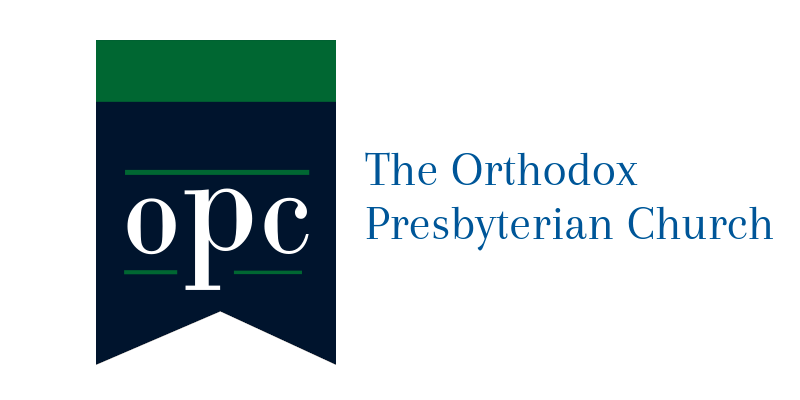earl40
Puritan Board Professor
I have a serious question for all. I doubt one can be a Christian and be pro-choice. The main reason is in my mind one must be spiritually blind, and ignore The Holy Spirit when He screams abortion is wrong. Can you convince me otherwise how a "Christian" can be pro-choice?



